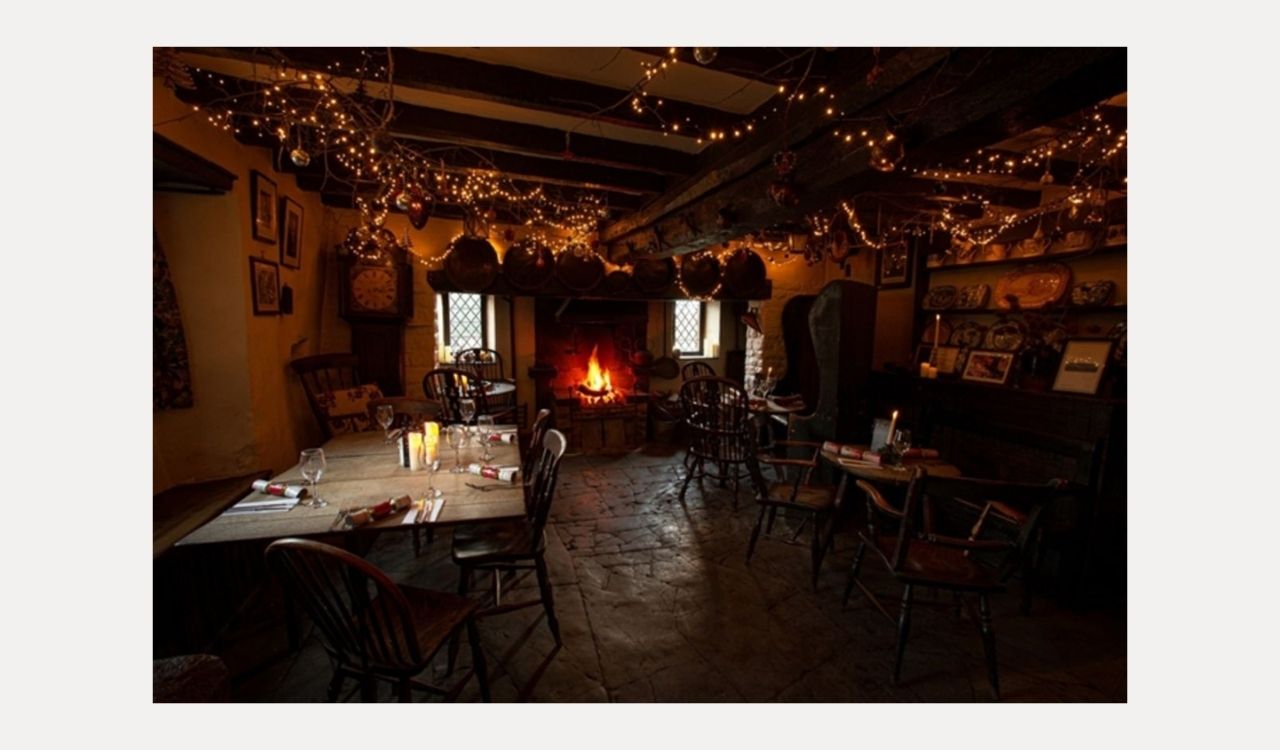The Cotswolds
What Does Chipping Mean in the Cotswolds?

We’re delving into the rich history and unique terminology of the Cotswolds, focusing on the meaning and significance of "Chipping" in local town names. Whether you're a local, a tourist, or a business owner, this guide will provide you with fascinating insights into this charming region.
Why Are Towns Called Chipping?
The term "Chipping" is derived from the Old English word "ceping," which means market. This name prefix is commonly found in towns across the Cotswolds and other parts of England, indicating their historical importance as market towns. These towns were bustling centres of trade and commerce, where locals would gather to buy and sell goods.
Key Points:
- Historical Significance: "Chipping" towns were crucial for local trade and economy, often established along important trading routes.
- Market Origins: The name highlights the town's role in hosting markets, which were vital for the community's sustenance and growth.
- Cultural Heritage: The presence of "Chipping" in a town's name preserves its historical and cultural legacy.
What Does Chipping Mean in Chipping Campden?
Chipping Campden, frequently described as the "jewel in the crown" of the Cotswold towns, is a prime example of a market town. Its name signifies its historical role as a bustling centre of trade, particularly during the medieval period.
Highlights of Chipping Campden:
- Market Hall: Built in 1627 by Sir Baptist Hicks, this historic structure was designed for the sale of cheese, butter, and poultry, embodying the town's market heritage.
- High Street: The original layout from the 12th century can still be traced, showcasing the town's planned design for accommodating markets and trade routes.
- Cultural Significance: Chipping Campden is not only a market town but also a centre for arts and crafts, with the Court Barn Museum telling the story of local craft and design.
Key Points:
- Chipping Campden's name reflects its market town origins.
- The Market Hall remains a testament to its trading past.
- The town's High Street layout highlights its historical planning for commerce.
How Did Chipping Campden Get Its Name?
Chipping Campden's name is deeply rooted in its medieval history. The term "Chipping" signifies its market town status, while "Campden" is derived from "Campadene," meaning a valley with fields. This picturesque town, nestled in the Cotswold hills, has a rich history that dates back to the 12th century.
Historical Background:
- Early Beginnings: Established as a planned town in the late 12th century, Chipping Campden quickly became an important trading hub due to its strategic location along trading routes.
- Medieval Market: The Market Hall and other historical structures were built to support the flourishing trade in wool, cheese, and other local products.
- Cultural Evolution: Over the centuries, Chipping Campden has evolved, yet it has retained its historical charm and significance, attracting visitors from around the world.
Key Points:
- The name reflects the town's market origins and geographical setting.
- Chipping Campden was a key mediaeval trading hub.
- The town has preserved its historical and cultural heritage through the centuries.
Conclusion
The term "Chipping" in the Cotswolds reflects a rich history of trade and commerce. Towns like Chipping Campden highlight the importance of markets in medieval society and the enduring legacy of these vibrant centres of trade. Whether you're exploring the Market Hall, walking the historic High Street, or visiting the Court Barn Museum, Chipping Campden offers a fascinating glimpse into the past.
FAQs
What is the most interesting town in the Cotswolds? Chipping Campden is often considered the most interesting town due to its well-preserved historical buildings and vibrant local culture.
What is the quaintest town in the Cotswolds? Upper and Lower Slaughter are frequently mentioned as the quaintest villages, with their tranquil settings and charming stone cottages.
What is the nicest area of the Cotswolds? Areas like Bibury, Bourton-on-the-Water, and Castle Combe are highlighted for their beauty and picturesque landscapes.
Which Cotswold villages are least touristy? Chipping Campden, despite its beauty and historical significance, is one of the less touristy towns, offering a quieter and more authentic experience.
Explore the rich heritage of the Cotswolds and discover the fascinating stories behind its historic towns and villages. Happy exploring!
Become a Part of the CotswoldXL Magazine Community Today!
Dive into the vibrant culture and beauty of the Cotswolds by subscribing to CotswoldXL Magazine. Every edition brings you closer to the rich tapestry of life in this iconic region, with up-to-date news, exciting events, and engaging articles that truly capture the spirit of the Cotswolds. Don't miss out on being in the loop - your journey to the core of the Cotswolds begins with a CotswoldXL subscription.
Elevate Your Business with CotswoldXL
CotswoldXL Magazine is more than a publication - it's a catalyst for business growth and visibility in the community. We offer bespoke services designed to boost your business's profile:
- Video & Photography Services
- Graphic Design
- Digital Marketing
- Website Design
- Social Media Management
- S.E.O Services
Spotlight Your Business in CotswoldXL
Take the opportunity to feature your business in CotswoldXL and harness the power of our influential platform. Reach out to our dedicated team at chris@cotswoldxl.co.uk for a partnership that brings your business to the forefront of the Cotswolds' vibrant marketplace.
See Related Articles & Features
issue 26
See Our Latest Issue of the Magazine.
See great content for this months digital magazine.
read now



